"Foster says that men are afraid of female leaders because they don’t know how women can lead."
Absolute sexist nonsense. If she's referring to politics, then tell democrats to stop running and electing complete idiots
“There Are Different Ways of Being a Woman”: Jodie Foster Says the Time to Show Your Identity Came
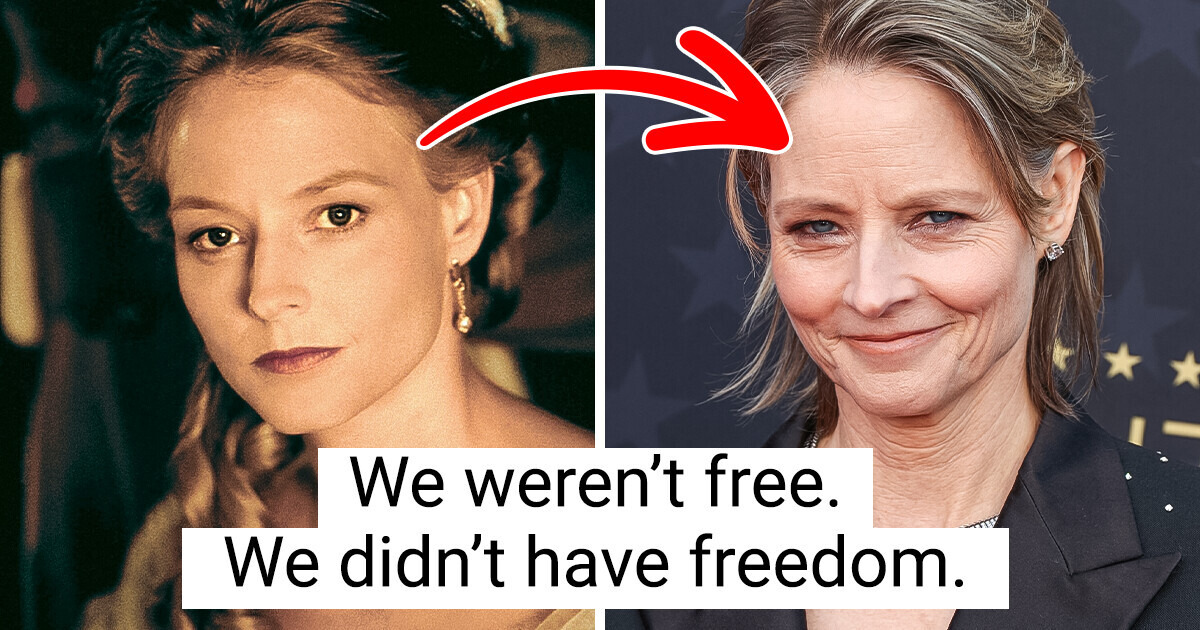
Foster has her own unique perspective on being a woman in both life and the entertainment industry. For quite some time, she was the only openly non-traditionally oriented woman in Hollywood. Nowadays, when she shares about her life publicly.
Foster says that men are afraid of female leaders because they don’t know how women can lead.
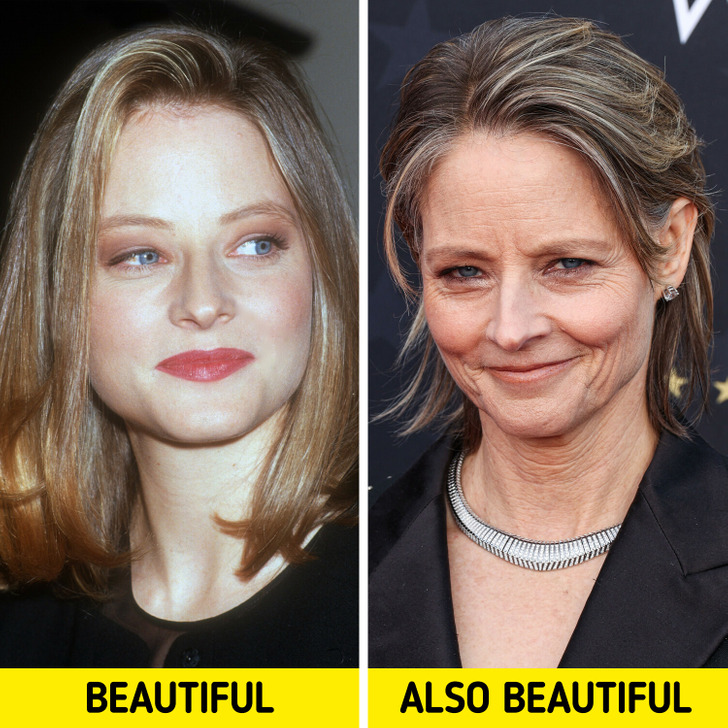
Foster mentioned that many young actresses get into the movie business wanting to be admired for their looks in fancy outfits. She thinks this is a bad reason to choose that career.
Talking about her own experience as a director, Foster said there’s still a bit of confusion in the movie industry, mostly run by men, about how women can be leaders. She thinks male producers sometimes struggle to understand how women lead because they haven’t seen it much before. They might feel unsure about talking to women or convincing them of things because they’re not used to it, which can make them nervous.
Foster says young people should concentrate less on stereotypes.
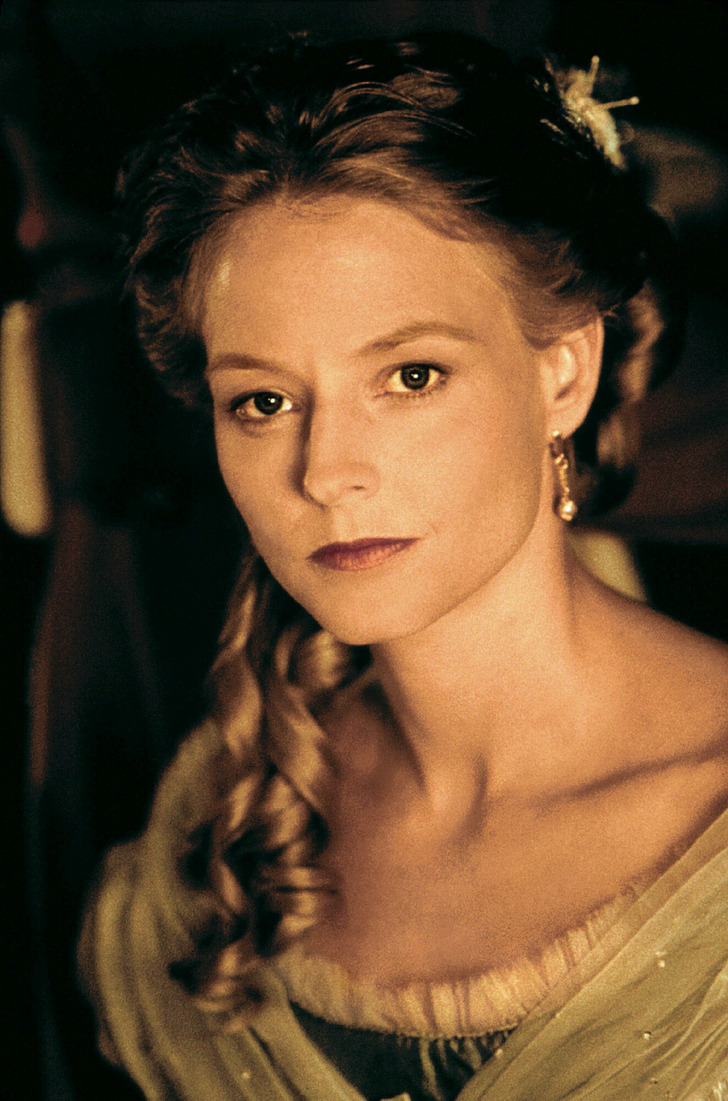
Foster recently talked about how her 50s were a challenging time of change. With few role models to guide her, she had to figure out how to navigate being a woman of a certain age in Hollywood.
She found support and inspiration in friendships with people of various ages. One of her dear friends is an 80-year-old college professor who lived in a commune during the 1970s. Through these friendships, Foster gained insight into what lies ahead and what’s possible.
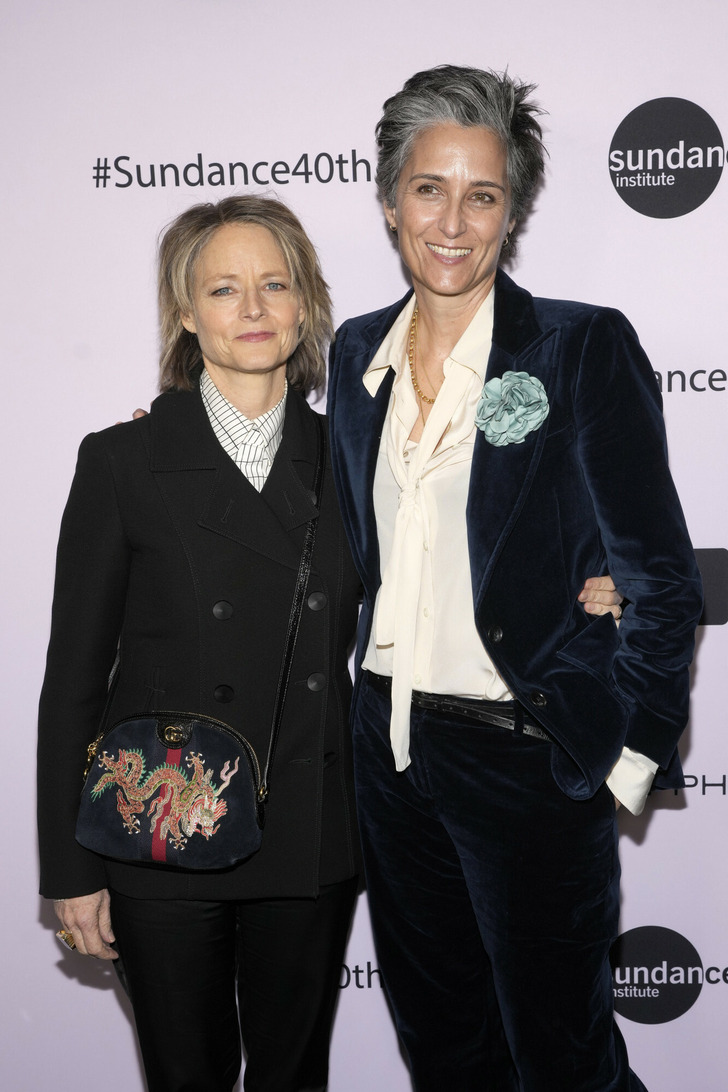
When asked what advice she’d give to young people in her industry, Foster emphasized the importance of relaxation and finding one’s own path. She believes young people should focus less on the pressures and expectations and more on discovering what makes them unique.
She finds joy in helping them find their own voice and identity, rather than feeling burdened by the pressure to be the main character in their own story. “Because we weren’t free. Because we didn’t have freedom. And hopefully that’s what the vector of authenticity that’s happening offers — the possibility of real freedom,” she says.
Foster says that having makeup doesn’t mean you’re a woman.
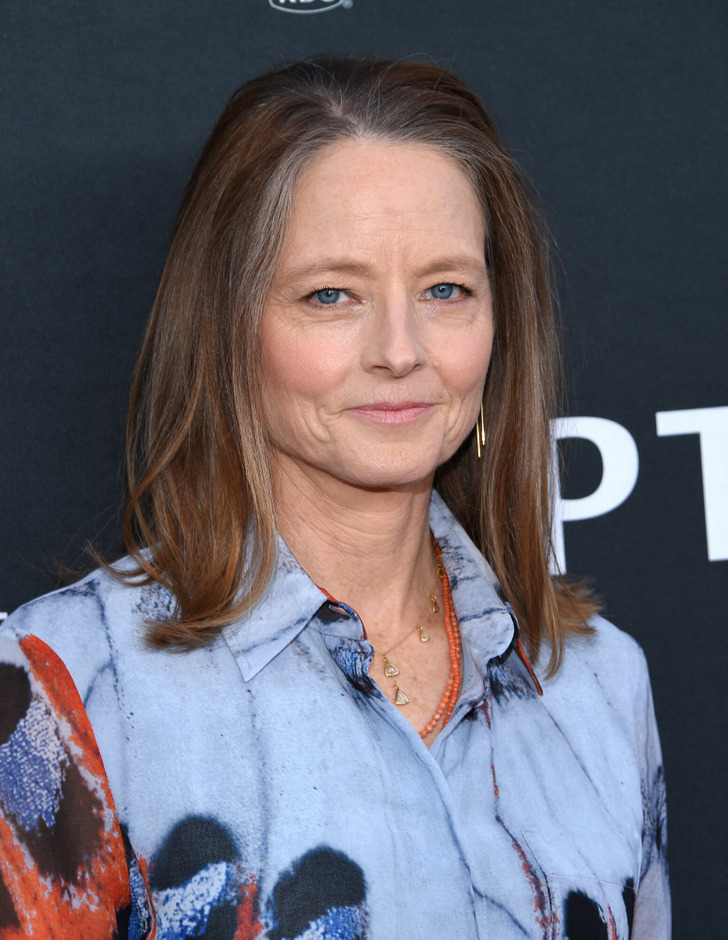
There are different ways to express femininity, and it’s crucial for people to recognize that. Jodie talks about a non-binary actress Bella Ramsey, who delivered an outstanding speech, and stood out in a perfectly tailored suit, with a simple hairstyle and no makeup.
As part of a mentoring dynamic, Foster notices a recurring pattern. She explains that she often reaches out to young actresses, feeling compelled to do so due to her own challenging upbringing. Reflecting on Ramsey’s revelation to British Vogue about her orientation, Foster acknowledges a sense of sympathy for her younger self. She recalls her own difficult experiences but also appreciated the support she received from her late mother, Brandy.
Brandy, a formidable presence in the entertainment industry, raised Foster and her siblings in Los Angeles, guiding Foster from her early years in commercials to her eventual stardom.
Foster says being a man isn’t about mistreating others.
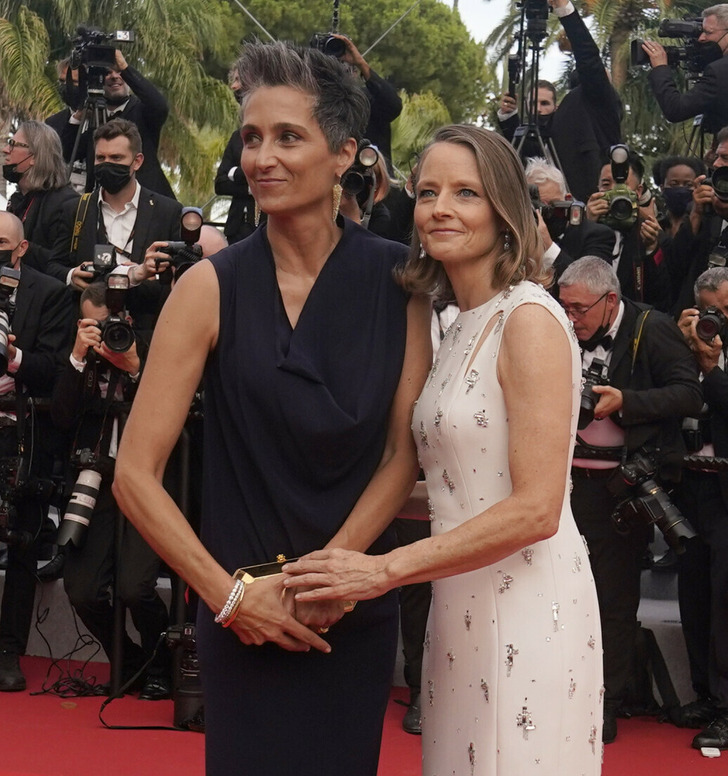
Foster has two sons, Kit and Charles, who are in their twenties. She had them with her former partner, film producer Cydney Bernard. They separated in 2008, and Foster has been married to photographer Alexandra Hedison for the past ten years. Foster finds it amusing to see how her sons were raised.
They weren’t into sports but preferred watching movies at home and spending time with their female friends. They’re really supportive of women’s rights. Foster shares an interesting story about her older son during high school.
He seemed unsure about what it meant to be a boy, having been raised by three women. He watched TV and thought being rude and disrespectful to women was the way to act like a man. Foster had to intervene, explaining that being a man isn’t about mistreating others. Despite this phase lasting for six months, Foster couldn’t let her son talk to her like that. She laughs as she shares the story.
Being a woman can manifest in various ways, and it’s essential to recognize that diversity. Rather than conforming to stereotypes, it’s crucial to embrace individual interests and passions. Each woman is unique, with her own set of preferences, talents, and aspirations. By focusing on what genuinely interests and fulfills us, we can break free from limiting stereotypes and carve out our own paths, contributing to a more inclusive and accepting society where everyone’s identity is celebrated.
Comments
Related Reads
Nicki Minaj Says She Regrets Her Plastic Surgeries After Taking a Look at Her Oldest Photos
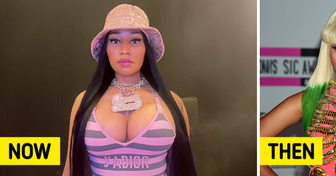
I Gave My Grandkids Their Inheritance at 18 — Their Stepmom Says I Destroyed Her Blended Family
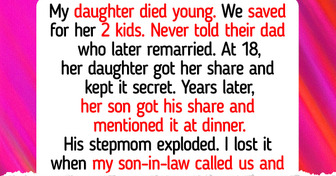
10 Moments of Superhuman Strength That Feel Like Winning the Olympic Games

I Refused to Watch My DIL Give Birth— She Made Sure I Regretted That Moment
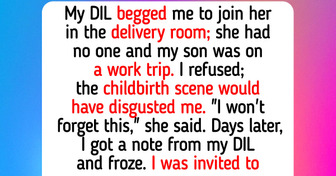
15 Stories That Prove Some Memories Are Impossible to Delete
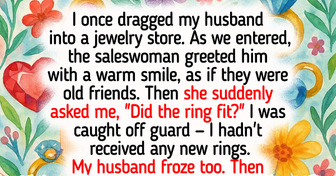
12 Moments That Prove Kindness Can Soften the World’s Hardest Edges
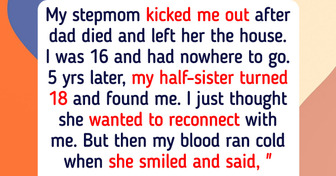
I Refused to Follow My Boss’s Dress Code—HR Had to Step In

15 Heart-Centered Moments of Human Kindness That Only Happen Once in a Blue Moon
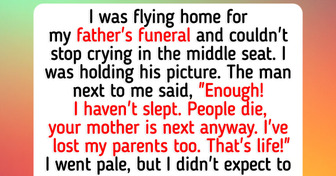
My Parents Refused to Fund My Education, So I Turned the Tables on Them
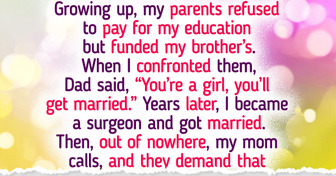
I Refuse to Earn Pennies While My Manager Cashes a Fortune
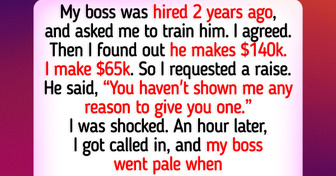
I Refuse to Give Up the Passenger Seat for My MIL—She Should Learn Her Place

10 Hospital Workers Who Prove Kind Heart Is a Powerful Medicine
